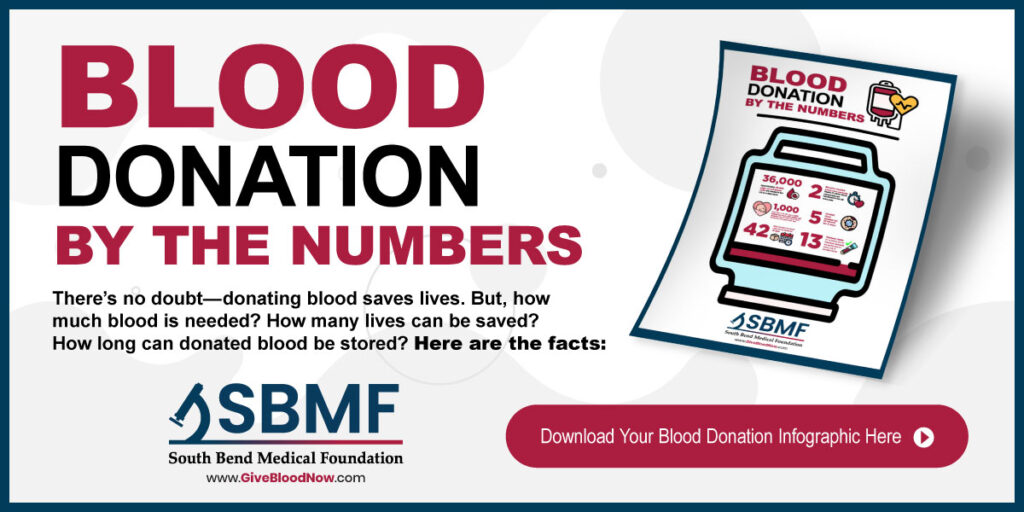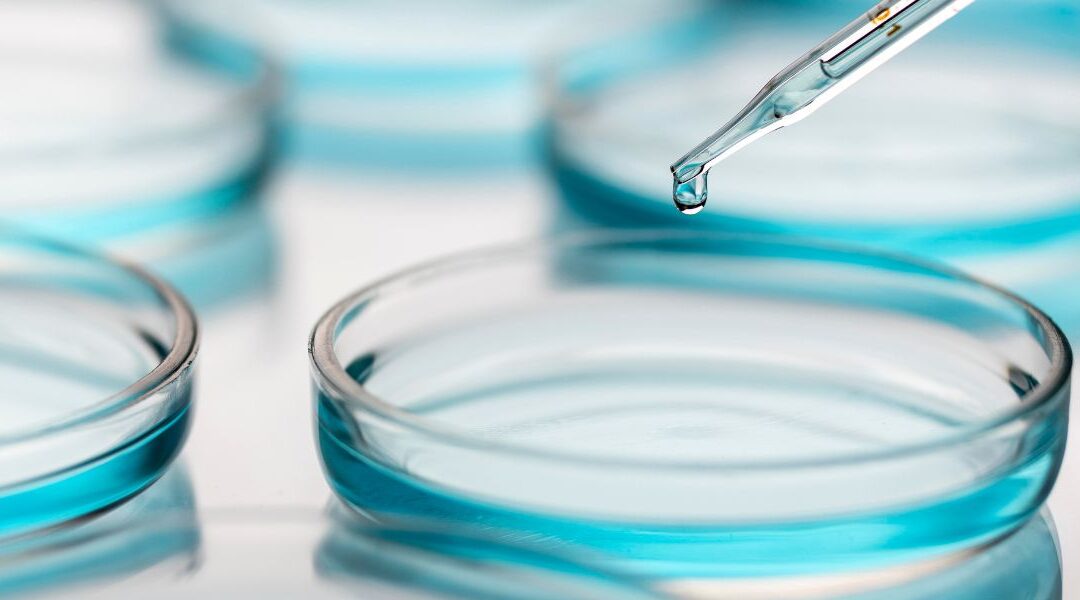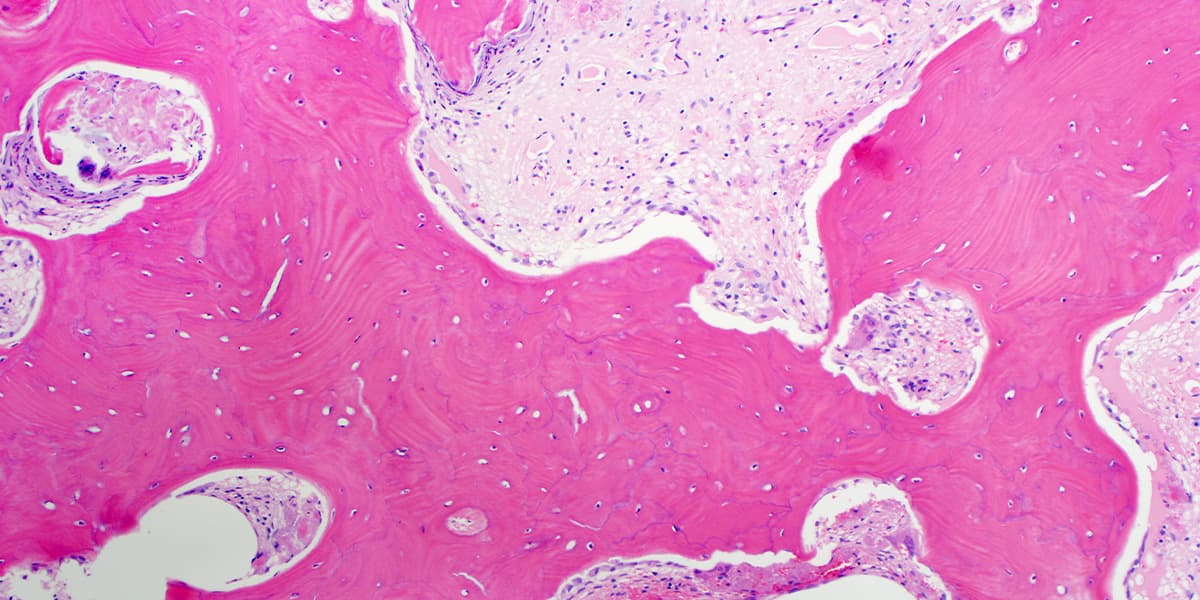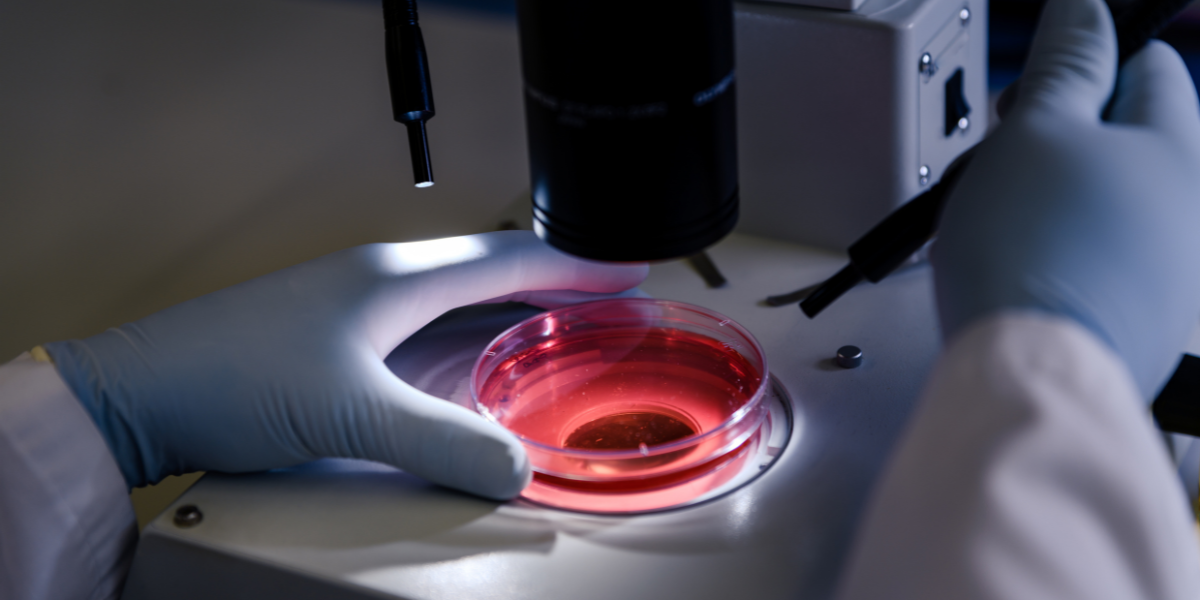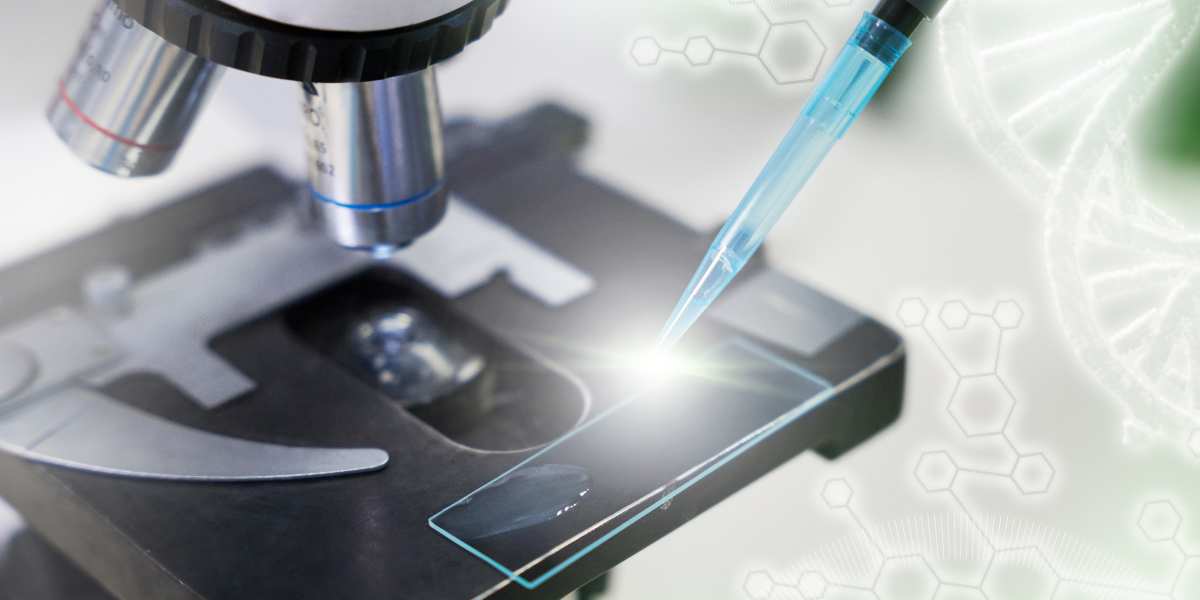There have been numerous advances in the sector of diagnostic medicine—molecular testing being one of them. This diagnostic tool has revolutionized the way we understand, diagnose, and treat a vast array of medical conditions. Let’s go over what it is and how it works!
What is Molecular Testing?
Molecular testing is a comprehensive type of medical testing that searches for specific molecules in your genetic material. It is used to diagnose diseases like cancer and to predict your likelihood of developing certain diseases in the future.
In many areas of medicine, molecular tests have replaced traditional diagnostic tests due to their precision, efficiency, and ability to provide detailed information about a patient’s specific medical condition. These tests help physicians plan and monitor treatments, determine the effectiveness of treatment, estimate the patient’s prognosis, and predict the likelihood of disease recurrence or progression.
How Molecular Testing Works
Molecular testing involves analyzing the genetic information in your DNA and RNA from a sample to detect specific disease markers. The sample may be taken from blood, saliva, urine, feces, or particular organ tissue. By examining changes in DNA and RNA, molecular testing can identify potential health issues for current or future diseases.
Molecular Testing Diagnostics
If you need to find out if you have a specific disease or condition, molecular testing can be incredibly helpful. With the ability to examine the DNA and RNA in your cells, molecular testing can identify any changes or differences that may indicate an illness. This is especially true when it comes to detecting certain genes that can cause cancer or other illnesses. By pinpointing the genetic cause of a disease, doctors can determine the most effective treatment plan for you. If you have cancer, molecular testing will help identify which medications will work and which will not.
Molecular testing is vital in detecting the COVID-19 virus. Using a technique called RT-PCR, molecular testing looks for fragments of the virus in your sample, providing highly accurate results.
It’s also useful for identifying infections caused by viruses or bacteria, as well as screening newborns for genetic conditions.
Furthermore, molecular testing can help diagnose other conditions such as neurological diseases, herpes simplex, and sexually transmitted infections like chlamydia and gonorrhea.
Molecular testing isn’t just for disease diagnosis, either! It has a wide range of uses, including tracing ancestry, forensic testing, and identifying drug resistance in bacteria.
Molecular Testing: Modern Diagnostic Medicine
From detecting specific genes that cause cancer or other illnesses to diagnosing infectious diseases, molecular testing has proven to be a reliable tool for improving disease diagnosis and treatment outcomes. With diverse applications beyond diagnosing diseases, molecular testing has become an essential diagnostic tool in modern medicine.
In modern healthcare, SBMF pathology services continue to shape the future of medicine, empowering healthcare professionals to deliver the highest standard of care. Learn more about SBMF.
